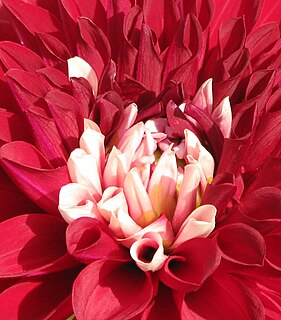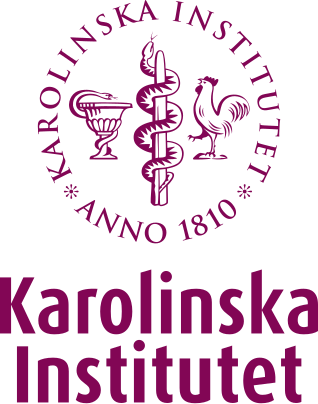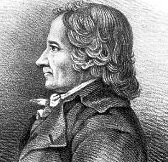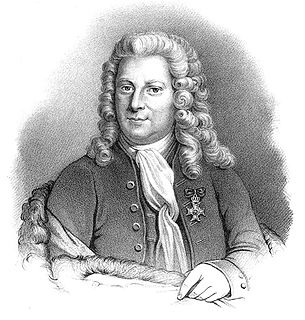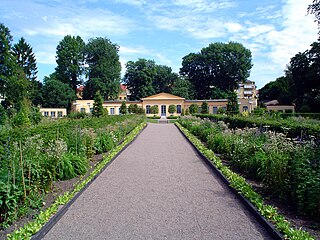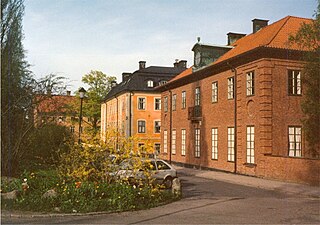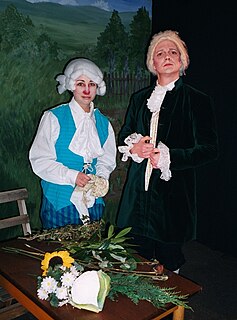The Linnéska institutet (Linnaean Institute) was a short-lived scientific society at Uppsala University in the early 19th century. It has the distinction of being the first student society in Uppsala preoccupied with the natural sciences.

Uppsala University is a research university in Uppsala, Sweden, and is the oldest university in Sweden and all of the Nordic countries still in operation, founded in 1477. It ranks among the world's 100 best universities in several high-profile international rankings. The university uses "Gratiae veritas naturae" as its motto and embraces natural sciences.
The society was founded in 1800 by a few students under the name Societas pro historia naturali ("Society for Natural History"), which was changed in 1802 to Zoophytolithiska sällskapet ("Zoophytolithic Society") and finally in 1807 to Linnéska institutet ("Linnaean Institute". The Linnaean disciple Adam Afzelius, then botanices demonstrator (and later professor), was elected its president in 1802. At the time of its last change of name in 1807, done to celebrate the 100th anniversary of Linnaeus' birth, the society had a memorial medal made and published the only fascicle of Linnéska institutets skrifter ("Publications of the Linnaean Institute"); this issue, which was the only one ever published, was reprinted in an edition of Johan Markus Hulth in 1906. Activities ceased in 1813.

Adam Afzelius was a Swedish botanist and an apostle of Carl Linnaeus. Afzelius was born at Larv in Västergötland in 1750. He was appointed teacher of oriental languages at Uppsala University in 1777, and in 1785 demonstrator of botany. In 1793 he was elected a member of the Royal Swedish Academy of Sciences. In 1800, Adam Afzelius became member of the German Academy of Sciences Leopoldina.
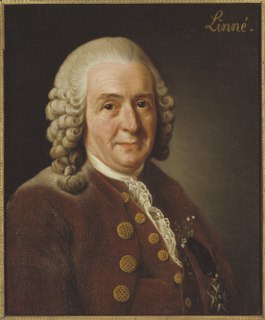
Carl Linnaeus, also known after his ennoblement as Carl von Linné, was a Swedish botanist, physician, and zoologist who formalised binomial nomenclature, the modern system of naming organisms. He is known as the "father of modern taxonomy". Many of his writings were in Latin, and his name is rendered in Latin as Carolus Linnæus.

A medal or medallion is a small portable artistic object, a thin disc, normally of metal, carrying a design, usually on both sides. They typically have a commemorative purpose of some kind, and many are given as awards. They may be intended to be worn, suspended from clothing or jewellery in some way. They are traditionally struck like a coin by dies.
Besides Afzelius, members or collaborators in the only issue of the journal included Lars Herman Gyllenhaal (later Swedish prime minister for justice), the geologist and mining engineer Jacob Henrik af Forselles, the palaeozoologist Johan Wilhelm Dalman, the collector Gabriel Marklin, the physician Carl Stenhammar (later a professor at Karolinska Institutet), and the later civil servant and amateur naturalist Baron Fredrik Anton Wrangel. Dalman, who was secretary of the society, had appreciated it as an unpretentious meeting place for informal discussions between students and teachers, but resented the pompous character it acquired with the change of name and the magnificent celebration of the Linnaean anniversary in 1807, which he likened to a funeral service for the society.

Baron Lars Herman Gyllenhaal (1790–1858) was a Swedish civil servant, politician, friherre and a Lord of the Realm.
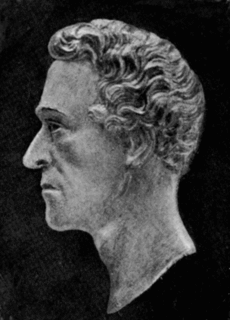
Johan Wilhelm Dalman was a Swedish physician and a naturalist. He first studied at Christiansfeld in Schleswig-Holstein then at the University of Lund and the University of Uppsala. He was mainly interested in entomology and botany. He received his degree in 1816 then his doctorate in 1817 from the University of Uppsala. Dalman became librarian of the Royal Swedish Academy of Sciences, a member of the Academy in 1821, then director of the zoological garden, then demonstrator in botany at the Karolinska Institutet of Stockholm.
The remaining protocols and other papers of the society are kept in Uppsala University Library.
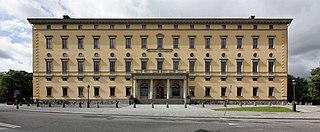
Uppsala University Library at Uppsala University in Uppsala, Sweden, consists of 11 subject libraries, one of which is housed in the old main library building, Carolina Rediviva. The library holds books and periodicals, manuscripts, musical scores, pictures and maps.
